|
Antiretroviral therapy available to pregnant and breastfeeding women living with HIV in southern Africa had been a remarkable public health success. In South Africa alone, the number of new HIV infections in children dropped dramatically from 70,000 in 2003 to 13,000 in 2017.
But the fight doesn’t stop there. There are millions of uninfected children who were born to HIV-infected mothers, and they have a far greater risk of early death than those whose mothers didn’t carry the infection. A study this week found that, in Botswana, HIV-exposed uninfected infants accounted for 26% of the infant population but 42% of all infant deaths. Similarly, in South Africa, HIV-exposed uninfected infants accounted for 23% of the infant population but 38% of all infant deaths.
This means public health efforts need to reach beyond just preventing transmission and focus on other aspects of having an HIV-infected mother. These include less time breastfeeding as well as illness and early death of the mother, and the effects this has on the child.
|
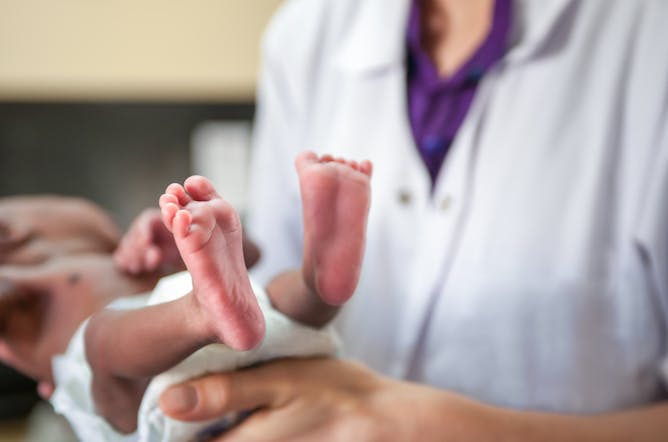
The largest number of HIV-exposed but uninfected children are in South Africa.
Shutterstock
Amy Slogrove, Stellenbosch University; Kathleen M. Powis, Harvard Medical School ; Mary-Ann Davies, University of Cape Town
HIV negative children born to women with HIV have a greater risk of dying before their first birthday.
|
Arts + Culture
|
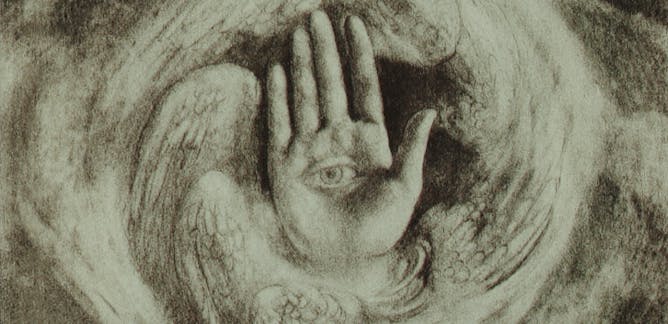
Antonia Pont, Deakin University
After Shakespeare and Laozi, Kahlil Gibran is the highest selling poet ever, largely thanks to The Prophet, a set of 26 prose poems.
| |
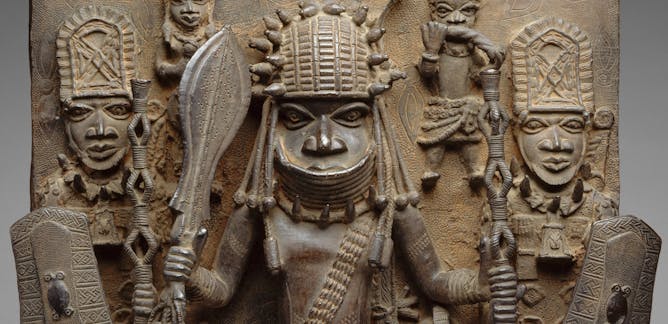
Mark Horton, University of Bristol
Colonial powers plundered the heritage of countries all over the world – restitution is long overdue.
|
|
|
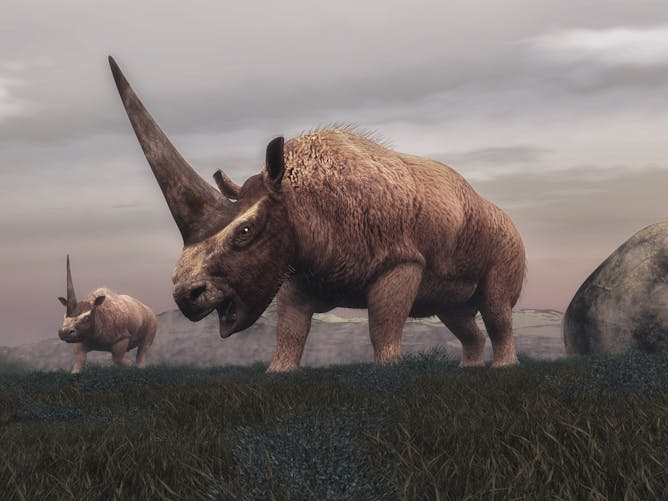
An artist’s impression of Siberian unicorns (Elasmotherium) walking in the steppe grass on a cloudy day.
Shutterstock/Elenarts
Kieren Mitchell, University of Adelaide; Adrian Lister, Natural History Museum; Alan Cooper, University of Adelaide; Chris Turney, UNSW
The loss of the Siberian unicorn shows just how vulnerable some animals can be to environmental change that can impact on their food supply.
|
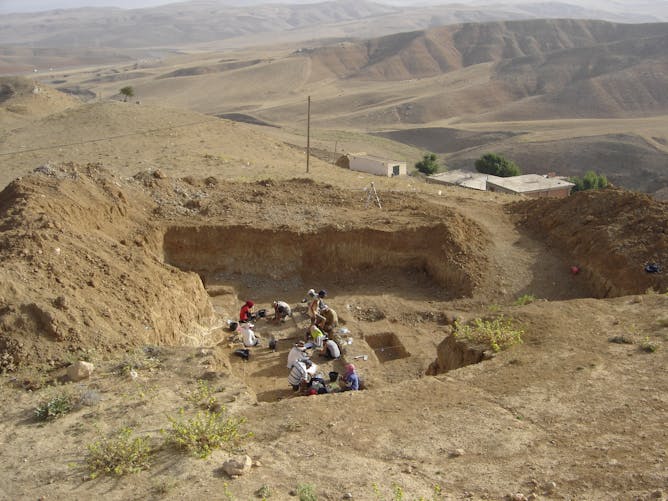
Archaeological excavation at Ain Boucherit, Algeria.
Mathieu Duval
Mathieu Duval, Griffith University; Mohamed Sahnouni, National Center for Research on Human Evolution (CENIEH)
Ancient stone tools found in what is now Algeria show early humans likely spread across Africa more rapidly than first thought.
|
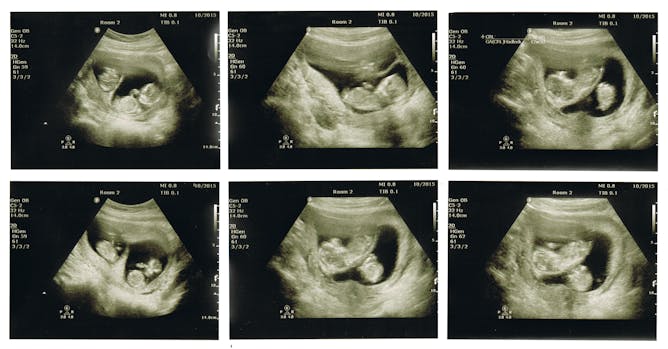
Chinese scientist He Jiankui of Shenzhen claims he helped make the world’s first genetically edited babies.
from www.shutterstock.com
Dimitri Perrin, Queensland University of Technology; Gaetan Burgio, Australian National University
We don't know anything about the health of the baby girls who are reported to have been born. But it's clear scientists around the world are shocked.
|